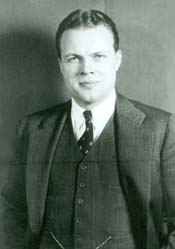A Quote by Hans Zimmer
The main thing the composer needs to do is it needs to remember that the director is there to cheer you on. The director wants you to succeed because if you succeed, you'll be helping the film. And they are truly your conscience. And they're truly your guide.
Related Quotes
Your actors need to trust you as a director, but normally, I think you just need to have an open communication between the actors and the director. I think the director needs to really paint his or her vision to the cast and let them know the kind of mood that he or she is making. I think that's very important.
There will be many times in your lives--- at school, and more particularly when you are a grown up---when people will distract or divert you from what needs to be done. You may even welcome the distraction. But if you use it as an excuse for not doing what you suppose to do, you can blame no one but yourself. If you truly wish to accomplish something, you should allow nothing to stop you, and chances are you'll succeed.
With a good script a good director can produce a masterpiece; with the same script a mediocre director can make a passable film. But with a bad script even a good director can’t possibly make a good film. For truly cinematic expression, the camera and the microphone must be able to cross both fire and water. That is what makes a real movie. The script must be something that has the power to do this.
A strong film director does leave you to your devices. A strong director allows you to be free and you trust that he's there and he will tell you if you've gone too far. A strong director allows you to be much more experimental and take greater chances than a director who isn't secure within himself.
Before writing a single note of music, and even before the spotting session, I find it best to sit down with the director and just listen to him or her talk about the film - what they're trying to say, what they want the audience to understand or believe, and a thousand other similar questions. The director has most likely been living with the film for years before a composer is attached, and so the director's inclinations, desires, and understanding of the film are paramount.




































